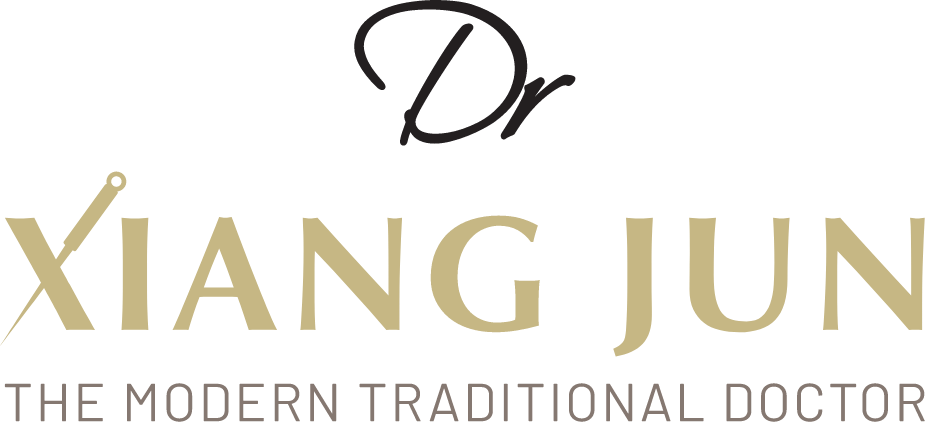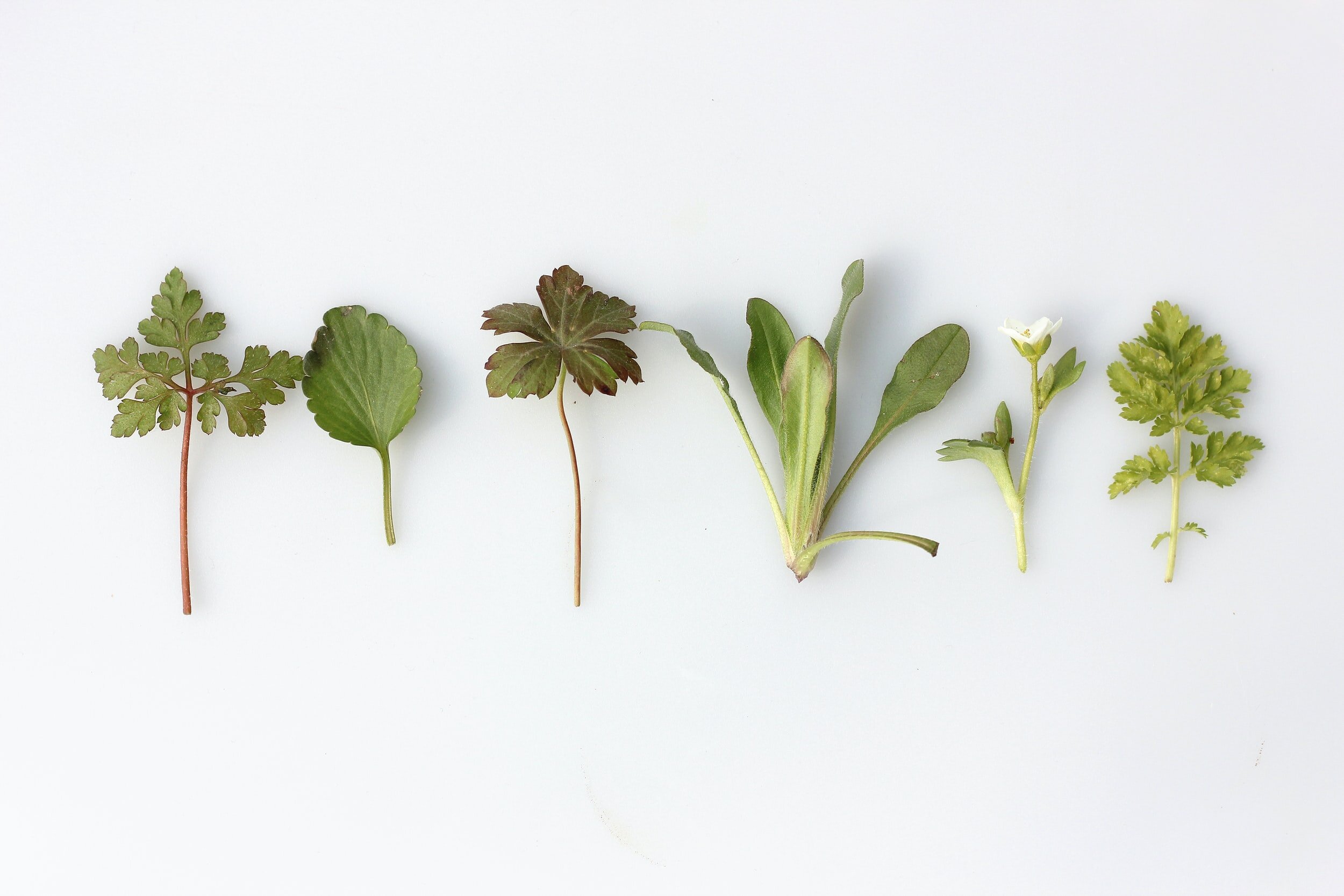Chinese Herbs During Pregnancy Questions and Answers
A traditional treatment for thousands of years, Chinese Medicine has long been favoured for its medicinal like purposes, helping treat everything from infertility and reproductive disorders to common everyday ailments. However there are many questions as to whether Chinese herbs are suitable to be taken during pregnancy. And being the original writer for this, I’m here to debunk all myths and give you the truths.
Can I take Chinese herbs when I’m pregnant? Is there anything I need to be aware of?
Traditionally TCM experts don’t usually recommend taking Chinese herbs during pregnancy unless the benefits from using herbs outweigh the possible risks. While herbs are seen as natural and perhaps less harmful than drugs, they may also possess side effects.
Take for example, the use of ginger to combat morning sickness. Despite it having been used empirically for the longest time in history, there is now suggestion that excessive exposure to its aromatic oil gingerol may affect cell reproduction.
The first ten weeks of pregnancy are considered most crucial for the formation and development of the embryo. This is the time when one has to be make important decisions. For example, if there is an infection in the lower reproductive tract, do we use a strong antimicrobial like metronidazole or do we use a herbal equivalent? While metronidazole is not used in early pregnancy for safety reasons, we don’t have enough information at present to list all the herbs that are safe for use during pregnancy. All we know is that it is safest to wait till the end of the first trimester to be sure that the baby is well formed, before dedicating to a course of Chinese herbs.
Are there any Chinese herbs that are safe to take during pregnancy? If so, what are they and how do they help?
The most common reason for wanting to use Chinese herbs during the first trimester is to “protect the foetus.” If a woman has already had one or more previous miscarriages, or is experiencing a “threatened miscarriage” (that may include pain in the lower abdomen and back, as well as uterine bleeding) then it is natural to ask, “Should I protect the foetus?”
If you are reassured by the fact that the Chinese have been obsessed with and refining the art of protecting the foetus for more than two thousand years, then making a choice to protect the baby won’t be that difficult!
Some of the more common formulas prescribed for protecting the foetus include Foetus Longevity Pill and Calming the Foetus Drink. Some herbs with the specific function of protecting the foetus include Eucommia Bark and Astragalus. Eucommia Bark is often used to treat pain in the lower back. It is especially useful for colder constitutional types, due to its warming and strengthening qualities. Astragalus is a Chinese herb well known in the West as a valuable adaptogen – it is able to improve overall functioning of the body.
Chinese herbs have also been used to improve ovarian function and reduce FSH levels in women with age related sub fertility. It is these women who may also consider continuing with herbs that protect the baby they have waited so long for. Like Eucommia Bark, another warming Chinese herb is Dipsaci Root. Used since ancient times to help with mending of bones and for pain in the lower back, this herb is one of the first picks to include in a “protect the foetus” formula.
Another area where Chinese herbs come in handy during pregnancy is when a nagging cough gets in the way. Often a low dose short duration formula will keep the pregnancy going smoothly. Cough prescriptions are written according to the presentation of the cough – it could be a yin deficient dry cough, or it could be a heat cough. One common addition to cough formulas is scute, which incidentally is also a key “protect the foetus” herb. Glehnia Root is a useful herb for dry unproductive coughs during pregnancy. It is able to moisten the lungs and generate fluids.
Are there any Chinese herbs that should be avoided during pregnancy?
Absolutely! It’s best to avoid herbs that are known to be toxic. Toxic herbs may include scorpion and centipede, and herbs like aristolochia manshuriensis and aristolochia fangchi as they contain aristolochic acid, which is toxic for pregnant women.
Be very careful when using herbs that move blood and invigorate stasis. Many of these herbs, like dongquai and Rhizoma Lingusticum Chuanxiong, also bring on menses by stimulating uterine contractions. As documented in the classic Treasures from the Golden Chest, these herbs were used 2,000 years ago in China during pregnancy. Nonetheless, it is highly possible that these patients in northern China were suffering from extreme cold that led to blood stasis – they needed warm blood movers, while our mums-to-be of today may not always require this!
The moral of the story is that herbs, although natural, may not always be safe during pregnancy. Hence, it is wise to be careful when using them. Note too that acupuncture has an even better safety record during pregnancy, especially in the management of morning sickness, in turning a breech baby, as well as in calming an anxious mind.


